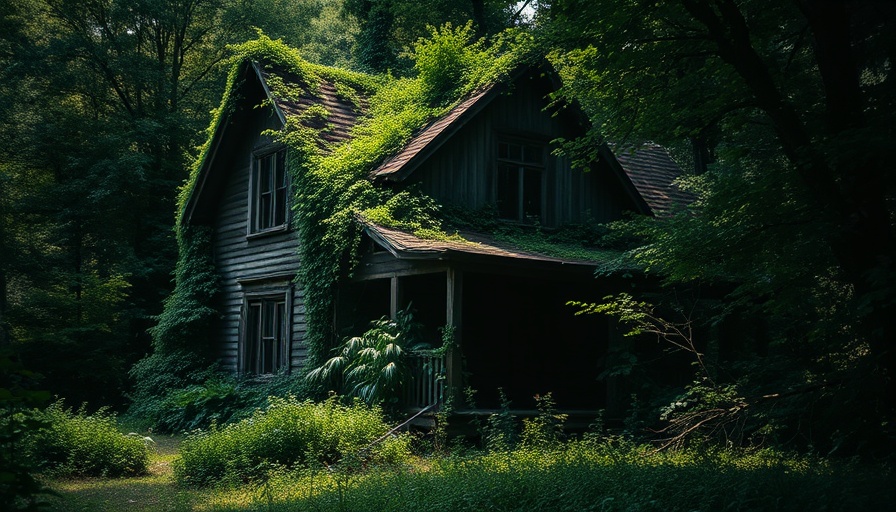
Unlocking Potential: What is an Abandoned House?
Abandoned houses represent not just vacancies but opportunities for creative homebuyers looking to break into the real estate market. Defined as properties whose owners have relinquished possession, these homes often suffer from neglect due to foreclosure, the death of the owner without heirs, or abandonment. It's essential to distinguish between abandoned and vacant houses; while vacant homes might be maintained by owners who simply aren't currently living there, abandoned houses are left in disrepair and often have unresolved legal issues.
Finding Abandoned Houses: A Modern-day Treasure Hunt
Locating an abandoned house isn't as straightforward as browsing real estate listings; it requires a mix of detective work and community engagement. Potential buyers can:
- Check public records: Delve into county records for properties with tax delinquencies or existing foreclosures.
- Drive for dollars: Simply driving through older neighborhoods can reveal telltale signs of abandonment, such as overgrown yards or broken windows.
- Engage local governments: Consult local government offices like code enforcement for lists of properties in violation of local ordinances that might suggest abandonment.
- Partner with real estate agents: Seasoned agents, particularly those specializing in foreclosures, can provide insights and access to listings.
Navigating the Purchase of an Abandoned House
Once you've identified a potential property, the buying process can diverge sharply from traditional home purchases. This nuanced approach involves:
- Researching Ownership: Use public records to trace the legal ownership of the property, determining whether it is held by a bank, government entity, or heirs.
- Understanding the Legal Process: Familiarizing oneself with the intricacies of acquiring abandoned properties, as they often come with their own set of challenges.
Expert Insight: The Long-Term Commitment Required
Purchasing an abandoned house isn’t just a financial transaction; it requires a substantial commitment. The restoration of these properties often involves extensive renovations to address structural issues, outdated electrical systems, or plumbing concerns. Home buyers should assess their financial readiness and willingness to undertake this commitment.
The Ripple Effect: Community Impact
Investing in abandoned properties can lead to revitalization within local neighborhoods. Bringing these homes back to life not only enhances property values but rejuvenates a sense of community. Buyers can play a pivotal role in contributing to their neighborhoods’ revitalization, effectively becoming stewards of local heritage.
In conclusion, buying an abandoned house could be the key to unlocking potential opportunities in real estate. For informed buyers who are ready to tackle challenges head-on, the rewards could far exceed the hurdles. If you’re considering this remarkable journey, equip yourself with knowledge and connect with local experts to make the most of your investment.
 Add Row
Add Row  Add
Add 




Write A Comment